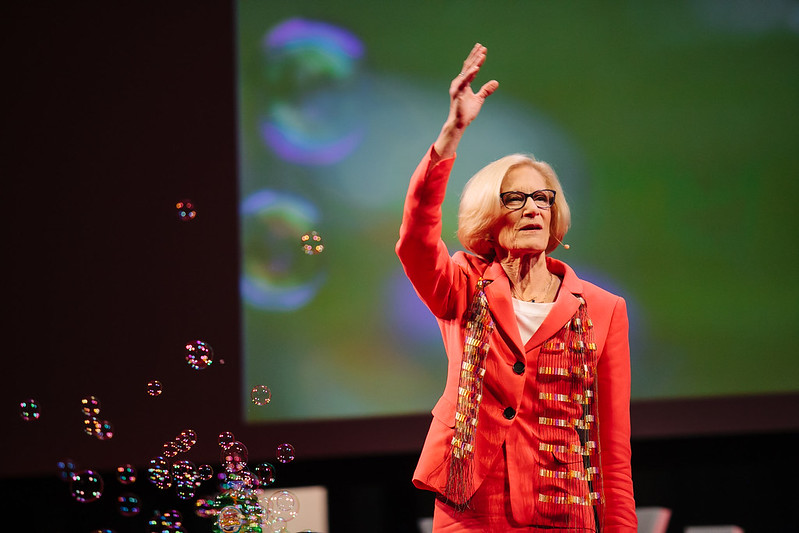Why do people cry over a fictional movie? Why do we rewatch old shows for comfort or feel inspired by a song lyric? Entertainment isn’t just about fun—it taps into deep psychological needs. Whether it’s a blockbuster film, a catchy pop tune, or a dramatic TV series, entertainment connects with the human mind in profound ways.
Storytelling Is in Our DNA
Humans have been telling stories for thousands of years. Before books, television, or the internet, storytelling was how people passed down knowledge, preserved culture, and made sense of the world. Today, that tradition continues in movies, series, novels, and even social media posts.
Psychologists say we’re “wired for stories.” Narratives help our brains organize information. When we see characters face conflict, struggle, or change, we relate. We place ourselves in their shoes. This process—known as narrative transportation—helps us escape our own reality and feel emotionally invested.

Music and Mood
Music is a powerful emotional tool. Different types of music trigger different reactions. A fast-paced song can energize us before a workout, while a soft ballad can bring on nostalgia or sadness.
According to research, music stimulates the reward centers of the brain, releasing dopamine—just like food or exercise. It’s no surprise that people use playlists to manage emotions: calming anxiety, lifting spirits, or dealing with heartbreak.
Music also helps with memory. That’s why we remember the lyrics of songs we heard as children or why a certain tune instantly takes us back in time.
Why We Love Drama
Have you ever wondered why so many people are drawn to crime series, true crime documentaries, or tear-jerking dramas? Psychologists suggest that watching intense or tragic content allows people to experience emotions in a safe environment.
When we cry during a movie or get scared during a thriller, we release pent-up emotions without real-life consequences. This is known as catharsis—a therapeutic release of feelings.
Dramatic content can also increase empathy. Seeing a character go through struggles—especially from different cultures or backgrounds—can change how we see the world.
The Power of Comedy
On the flip side, comedy serves an equally important role. Laughter is scientifically proven to reduce stress hormones and improve mood. Watching a funny show or stand-up special provides instant relief from daily pressures.
Humor also promotes bonding. Sharing a laugh with others creates a sense of community, whether it’s among friends or online followers reacting to a meme.
Escapism: A Psychological Need
In a world filled with stress, deadlines, and bad news, entertainment offers escapism—a way to mentally check out. Whether it’s diving into a fantasy novel or binge-watching a sci-fi series, entertainment helps us cope.
But escapism can also be productive. It recharges our brains, boosts creativity, and allows us to return to real-life tasks with renewed energy.
Conclusion
Entertainment isn’t just for leisure—it fulfills deep psychological needs. It helps us understand others, process emotions, reduce stress, and connect to the world. The next time you’re moved by a song or a show, remember: your brain isn’t just being entertained—it’s being healed, too.
